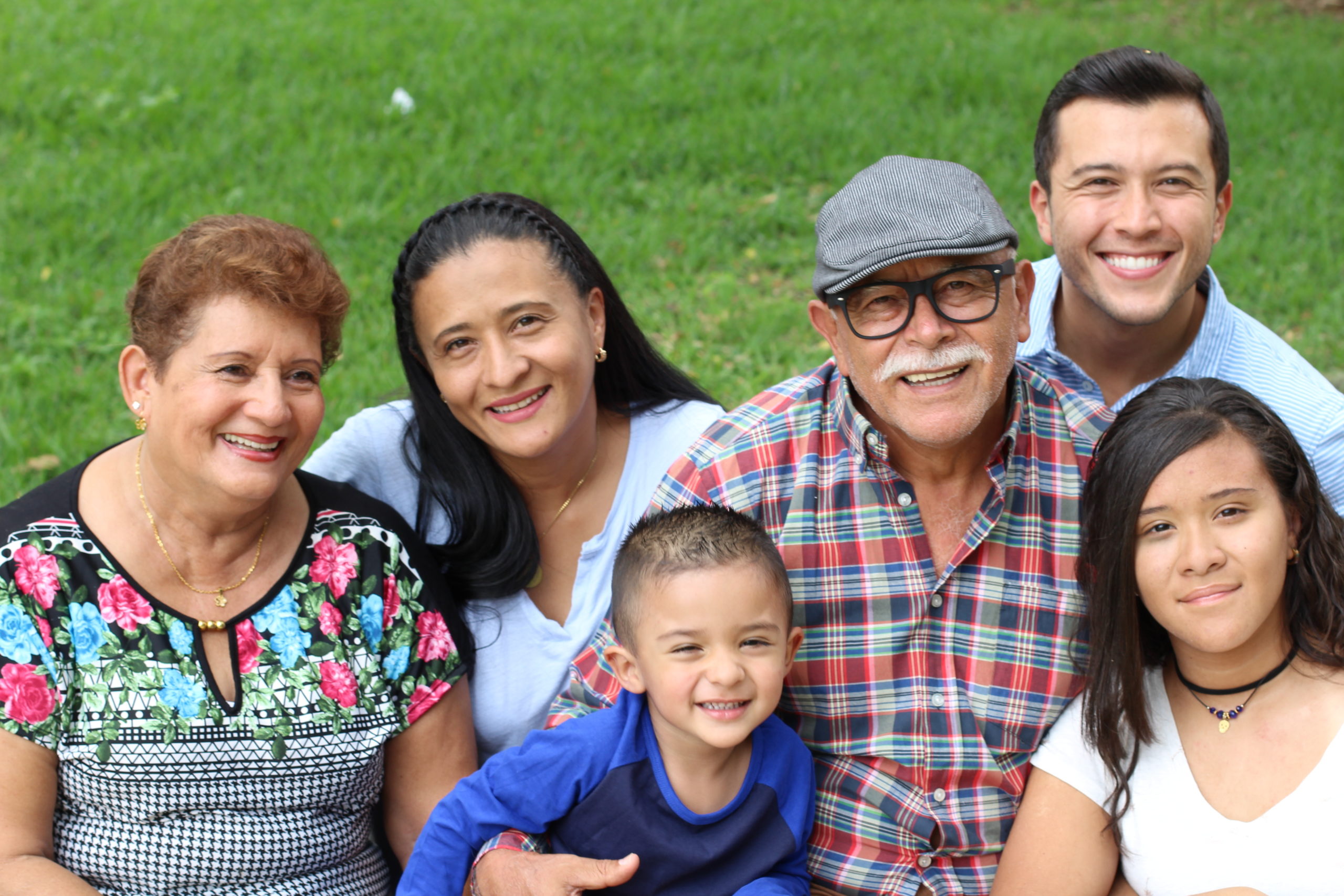Kin-First Courtrooms: Engaging Youth and Families
Engaging Youth
NCJFCJ
Tags: Legal resources for youth, Legal professionals, CASAs/GALs, Child welfare professionals, Families, Youth
American Journal of Family Therapy
Tags: Harm of separation, Legal professionals, CASAs/GALs, Child welfare professionals, Families, Youth
North American Council on Adoptable Children
Tags: Harm of separation, Legal professionals, CASAs/GALs, Child welfare professionals, Families, Youth
U.S. HHS, Administration for Children & Families
Tags: Engaging youth, Benefits of Kinship, Legal professionals, CASAs/GALs, Child welfare professionals, Families, Youth
Ohio Supreme Court
Tags: Engaging youth, Benefits of Kinship, Legal professionals, CASAs/GALs, Child welfare professionals, Families, Youth
Engaging Fathers & Paternal Relatives
U.S. HHS Assistant Secretary for Planning and Evaluation
Tags: Engaging families, Legal professionals, CASAs/GALs, Child welfare professionals, Families, Youth
Ohio Department of Job and Family Services
Tags: Engaging families, Legal professionals, CASAs/GALs, Child welfare professionals, Families, Youth
Ohio Practitioners Network for Fathers and Families
Tags: Engaging families, Legal professionals, CASAs/GALs, Child welfare professionals, Families, Youth
Office of Planning Research & Evaluation, ACF
Tags: Engaging families, Legal professionals, CASAs/GALs, Child welfare professionals, Families, Youth
Fatherhood.org
Tags: Engaging families, Legal professionals, CASAs/GALs, Child welfare professionals, Families, Youth
U.S. HHS Assistant Secretary for Planning and Evaluation
Tags: Engaging families, Legal professionals, CASAs/GALs, Child welfare professionals, Families, Youth
Family Finding Resources
Kinnect
Tags: Family search and engagement (FSE), Engaging families, Legal professionals, CASAs/GALs, Child welfare professionals, Families, Youth
Child Trends
Tags: Family search and engagement (FSE), Engaging families, Legal professionals, CASAs/GALs, Child welfare professionals, Families, Youth
Kinnect
Tags: Family search and engagement (FSE), Engaging families, Legal professionals, CASAs/GALs, Child welfare professionals, Families, Youth
Join us in this work!
Sign up here to receive e-mail updates about this project and even join a committee if you'd like. If you have any questions, please contact Alyse Almadani at alyse.almadani@kinnectohio.org.













